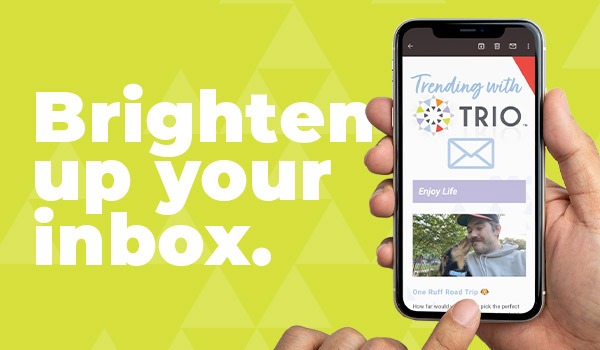Influencer 101: An Intro to Social Media’s Super Stars

Social media is the beating heart of any modern marketing strategy. But in this ever-evolving landscape, a new star has taken center stage—the influencer.
Influencers are more than just personalities; they’re brand ambassadors with the power to propel your message to a wider audience and unlock exciting growth opportunities.
Who are they?
At their core, influencers are people with a large and engaged following on social media platforms like Facebook, Instagram, YouTube, TikTok and X (formerly Twitter). They’ve built a reputation for expertise and authenticity, often in a specific niche, whether it’s fashion, beauty, gaming or travel.
What makes them influential?
Influencers aren’t just popular; they’re trusted. These digital icons have fostered a connection with their audience, who values their opinions and recommendations. This makes them incredibly attractive to brands.
Influencers can significantly impact consumer behavior. Stats show that 36% of brands find this content more effective than their own branded posts, and a whopping 69% of consumers trust influencer recommendations.
No two influencers are the same.
These media personalities come in all shapes and sizes, from celebrities with millions of followers to micro-influencers with a more targeted audience. Understanding these different categories is key to finding the perfect fit for your brand.
- Celebrity Influencers: 1 million+ followers (Think A-list actors or superstar athletes)
- Macro-influencers: 100,000 – 1 million followers (Big names in their niche, but not quite Hollywood royalty)
- Micro-influencers: 10,000 – 100,000 followers (Industry experts with a loyal and engaged following)
- Nano-influencers: 1,000 – 10,000 followers (Local heroes with a super-niche audience)
And size doesn’t always matter… Believe it or not, micro-influencers generate 60% more engagement than macro-influencers. For small businesses and nonprofits, this is a game-changer with clear advantages:
- Stronger engagement
- More cost-effective
- Higher ROI
- Less time-consuming partnerships
- More authentic
- Niche audience exposure
- Less competition
Influencers come from all walks of life, each with their own motivations. While some are genuinely passionate and knowledgeable, others may prioritize flash over substance. It’s important to be critical and follow those who align with your values, along with other considerations.
What should influence your decision?
Ultimately, your ideal influencer partner will depend on the goals of both parties and the benefits you can provide each other. And with so many different choices, it helps to narrow your options.
According to Forbes, these are the six questions you need to ask yourself before working with an influencer:
- What are my campaign goals?
- Who is their audience?
- What kind of content do they produce?
- How is their engagement?
- Is this influencer an organic fit?
- Who else are they working with?
During your exploration phase, ask potential partners for their media kit. This helpful guide contains need-to-know information that could be important in the decision-making process. This info can include, content performance data, audience demographics, engagement metrics and more.
Choose the right partner for your brand!
Not sure where to start? TRIO’s full–service marketing communications agency can help you strategize. Our team of web, social media and traditional marketing experts have the skills and understanding to elevate your brand. Contact us to learn about our solutions!
Keep reading...
Gearing Up for Giving: MIA’s GivingTuesday Marketing Packages
In the world of nonprofit marketing, GivingTuesday is our Super Bowl. It’s a celebration of generosity. It’s a crusade of kindness. For nonprofits, it could be the […]

Trio Solutions Inc. expands team and services
Trio Solutions Inc. (TRIO), a marketing communications agency in Mount Pleasant, has expanded its team and line of services to handle the agency’s growth and new […]

